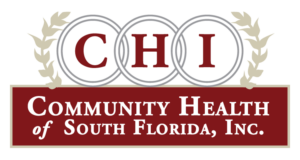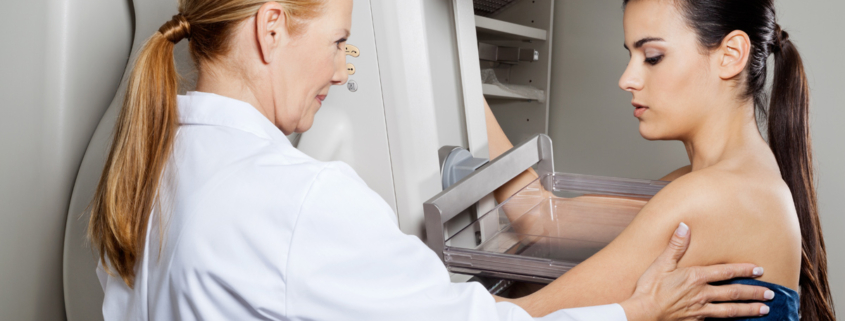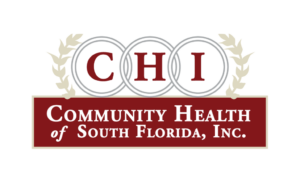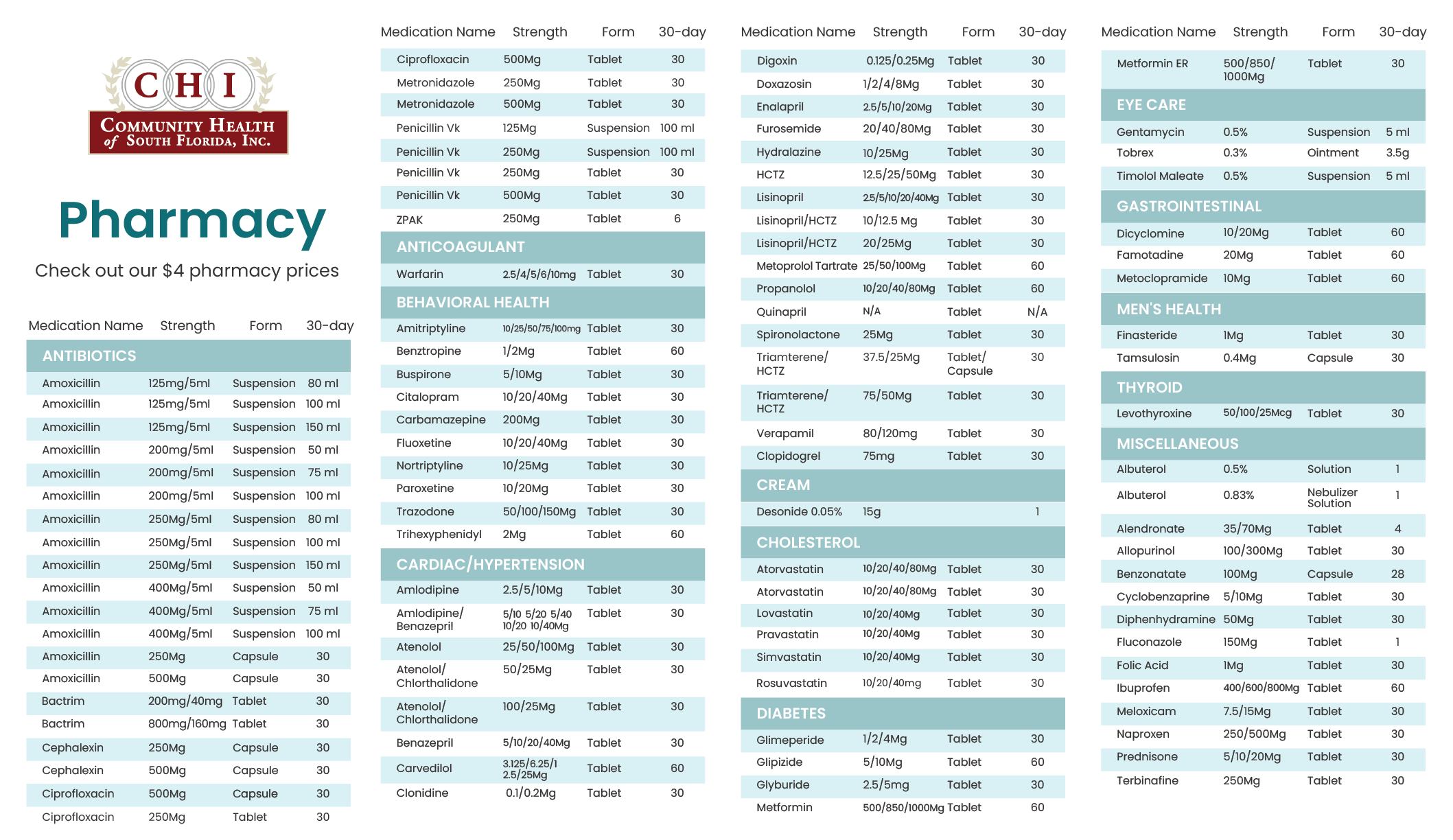Get a Yearly Mammogram to Help Detect Breast Cancer
One out of every eight women will be diagnosed with breast cancer disease over the course of her lifetime. Breast cancer is the second leading cause of death from cancer in women. The cancer forms in tissues of the breast, usually in the tubes that carry milk to the nipple (ducts) and glands that make milk (lobules). Even men can be diagnosed with breast cancer, though it is pretty rare.

A mammogram is a special examination of the breast. It is used to detect breast diseases in women and/or men. The examination is fairly quick and involves a low-energy X-ray that is earmarked to each breast, administering photos that your physician can use to point out any uncommon regions that could perhaps indicate the existence of cancer. Here at Community Health of South Florida Inc., we have a Radiology Center where we perform breast cancer screenings or mammograms.
Mammography is the only breast cancer screening tool known to reduce deaths from the disease. It can show changes in breast up to two years before a patient or doctor can feel them. Mammograms can also eliminate the need for a substantial amount of treatment for advanced cancers and improve chances of breast protection.
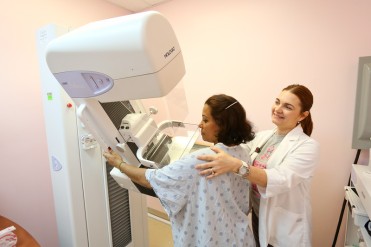
- A family history of the disease,
- Menstruation at an early age,
- Older age at birth of first child,
- Dense breast tissue,
- Usage of estrogen and progesterone,
- Obesity,
- Alcohol, and
So, take care of yourself. Schedule an appointment at 305-252-4820 to get a mammogram. Bring a friend!
